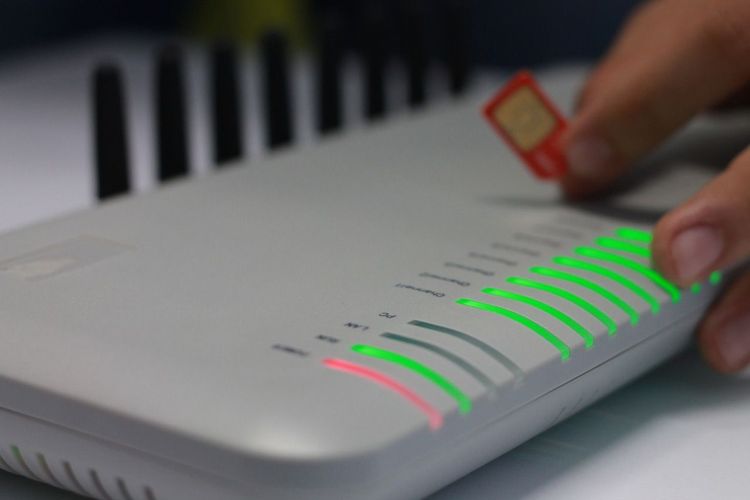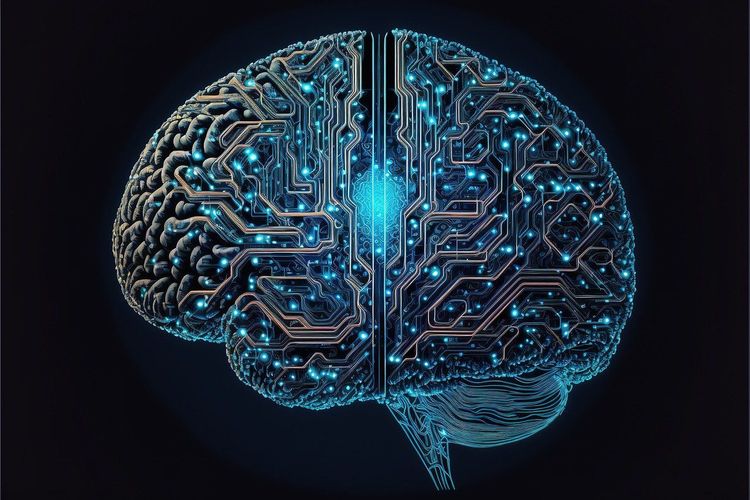Today, London-based Synthesia, a pioneering startup that enables businesses to create professional AI videos, announced the launch of its AI Video Assistant. This innovative tool transforms text-based sources into fully synthetic videos within minutes.
Available now to paying customers, the AI Video Assistant enhances Synthesia’s existing capabilities by accommodating any document or web link, streamlining video creation for both internal and external enterprise needs.
0:06/14:43 Are you ready for AI agents? While this tool can significantly advance content delivery efforts, it also raises concerns about AI-generated videos and deepfakes, particularly regarding their potential use to mislead audiences about public figures.
What Can the Synthesia AI Video Assistant Do?
Founded in 2017 by a diverse team from UCL, Stanford, TUM, and Cambridge, Synthesia offers an end-to-end platform for creating custom AI voices and realistic avatars. Users can select from existing avatars or customize their own to produce studio-quality videos.
Although popular in enterprise environments, traditional video creation requires considerable effort, including script writing and video layout design. The new AI Video Assistant simplifies this process: users simply input source material—whether a website, text file, Word document, PDF, or concept—and select a template tailored to the video's objective, scene count, language, and speaker tone.
According to Sundar Solai, the product manager who led the assistant’s development at Synthesia, “The AI Video Assistant utilizes generative AI to synthesize user input along with the video objective, audience, and other specifications. Large language models generate a script and relevant scene layouts based on the template chosen by the user.”
This process yields results within minutes, allowing for quick edits if the initial script isn’t satisfactory. Users can reconfigure settings to enhance output quality.
Enhancing Content Delivery Experience
Insivia reports that viewers retain 95% of messages delivered via video compared to only 10% when read in text format. Nonetheless, many organizations still depend on lengthy handbooks and PDFs to convey critical information. The AI Video Assistant aims to bridge this gap, empowering individuals across organizations to convert complex text into high-quality videos with ease.
Solai revealed that user testing has produced significant traction, although he did not disclose specific numbers regarding early adopters or their use cases. “This feature enables faster video creation and expands access to video production for those with limited or no previous experience,” he explained.
It’s important to note, however, that the AI Video Assistant currently has a 4,500-word limit for the text it can convert into video.
Significant Growth Amid Deepfake Concerns
Despite ongoing debates regarding the risks of AI-generated media, Synthesia is thriving in the enterprise sector. The company, which employs 300 people, raised $90 million in June 2023 and serves over 55,000 businesses, including half of the Fortune 100. Among its clients is Zoom, which reported creating training videos 90% faster.
“This allows Zoom’s subject matter experts to reclaim 15-20 hours each month, previously spent on recording, for other job responsibilities, resulting in monthly savings of $1,000-$1,500 per employee,” stated Alexandru Voica, head of corporate affairs and policy at Synthesia.
Voica also confirmed that Synthesia is enhancing its platform’s speed and developing the next generation of avatar technology, which will offer more natural expressions, improved voices, and greater customization. These advancements will bring Synthesia’s AI-generated videos closer to a lifelike experience. Competitors in this space include Deepbrain AI, Rephrase, and HeyGen.







